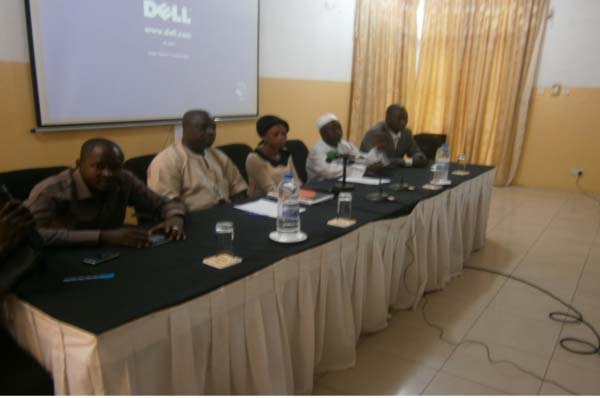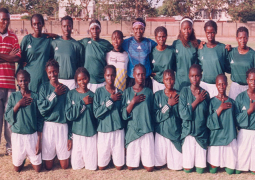
The Ministry of Health and Social Welfare (MOHSW), in collaboration with the Department of Water Resources, Thursday held Global Hand Washing meeting with directors ofthe public and private sectors on hand-washing promotion at the NaNA conference hall.
Speaking at the meeting, Anna Haffner of the department of water resources, said hand-washing could do a lot in their lives and it is a means by which so many diseases could be prevented, especially among children and the elderly.
She said they have called people in their capacities of operation for them to take decisions and make changes in their institutions to be able to tell those in their institutions the importance of hand-washing and the effects it has in their lives.
She added that they have seen the participants as changed agents in their various institutions because when they go back they would need to extend the message to their colleagues.
Modou Njai, Director of Health Promotion Education, said sometime ago their unit and partners went round to see the presence of hand-washing in their various institutions and the findings were not encouraging.
He said this was why they felt it necessary to call their partners, especially from the private sector, so they could share some findings with them and when they go back to their various institutions, they could provide hand-washing facilities.
He said hand-washing could help significantly in cutting down the number of diarrhoeal diseases and pneumonia among children.
According to Mr Njai, the evidence had shown it and whatever activity they were involved in they needed to include hand-washing with soap and water.
The activity was very important because many people are used to washing hands in communal places, he said, adding that they are coming up with a new strategy for people to be washing their hands under running water.
He said they want everybody to wash their hands with soap and water, while thanking UNICEF for their support.
Musa Drammeh, from UNICEF, said they had to promote hand-washing because it is a life-saving intervention.
He said, according to reports, they had 4 billion cases of diarrhoea each year and that 2.2 million die each year due to diseases relating to hygiene, sanitation and water.
He said hand-washing plays a significant role in hygiene, adding that 88 per cent of diarrhoea cases are as a result of poor food, water and hygiene.
Mr Drammeh said the correct hand-washing at critical times could reduce diarrhoea by 42 to 47 per cent, adding that hand-washing saves lives and prevents or deters other diseases like cholera and Ebola.
Read Other Articles In Article (Archive)


